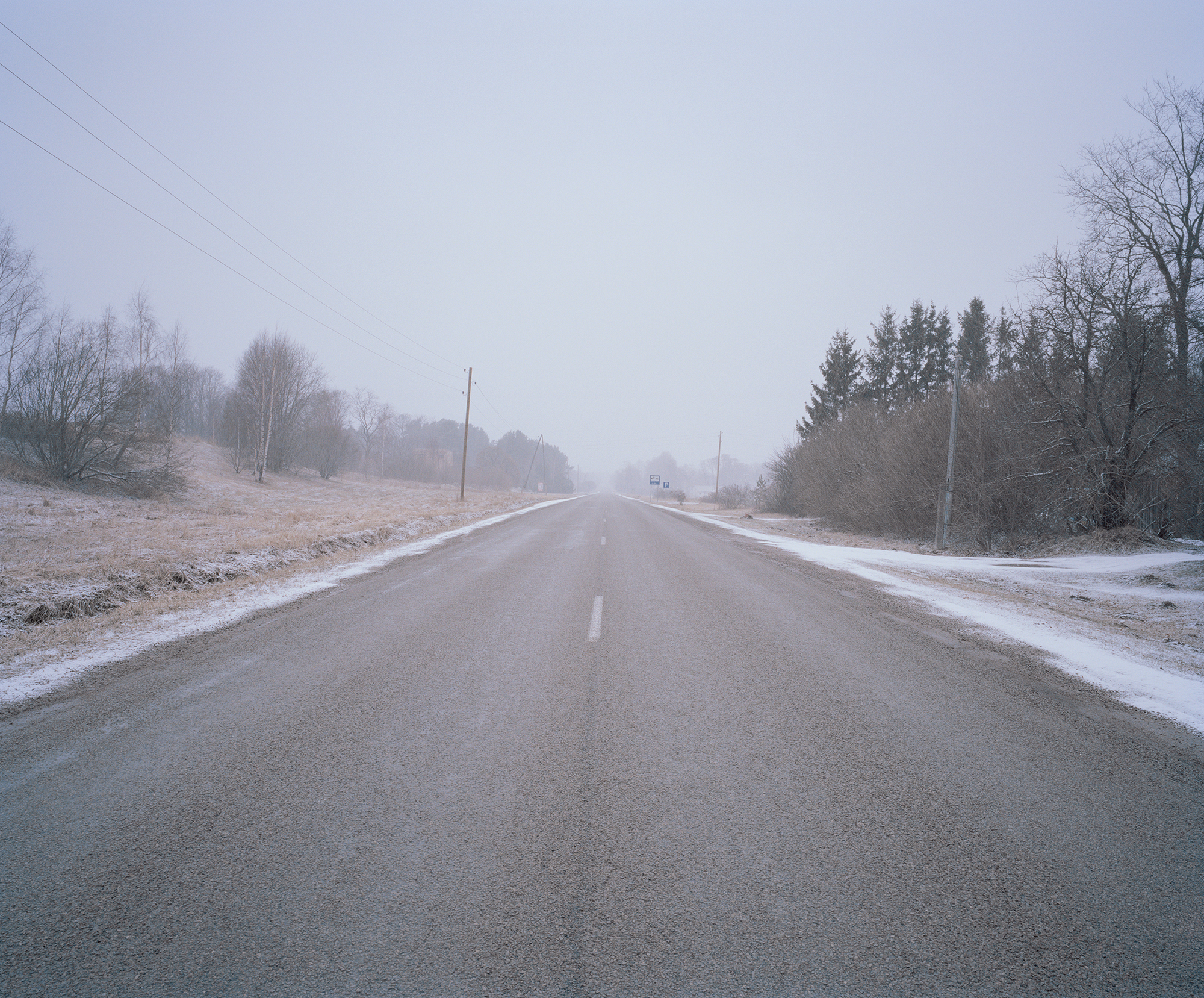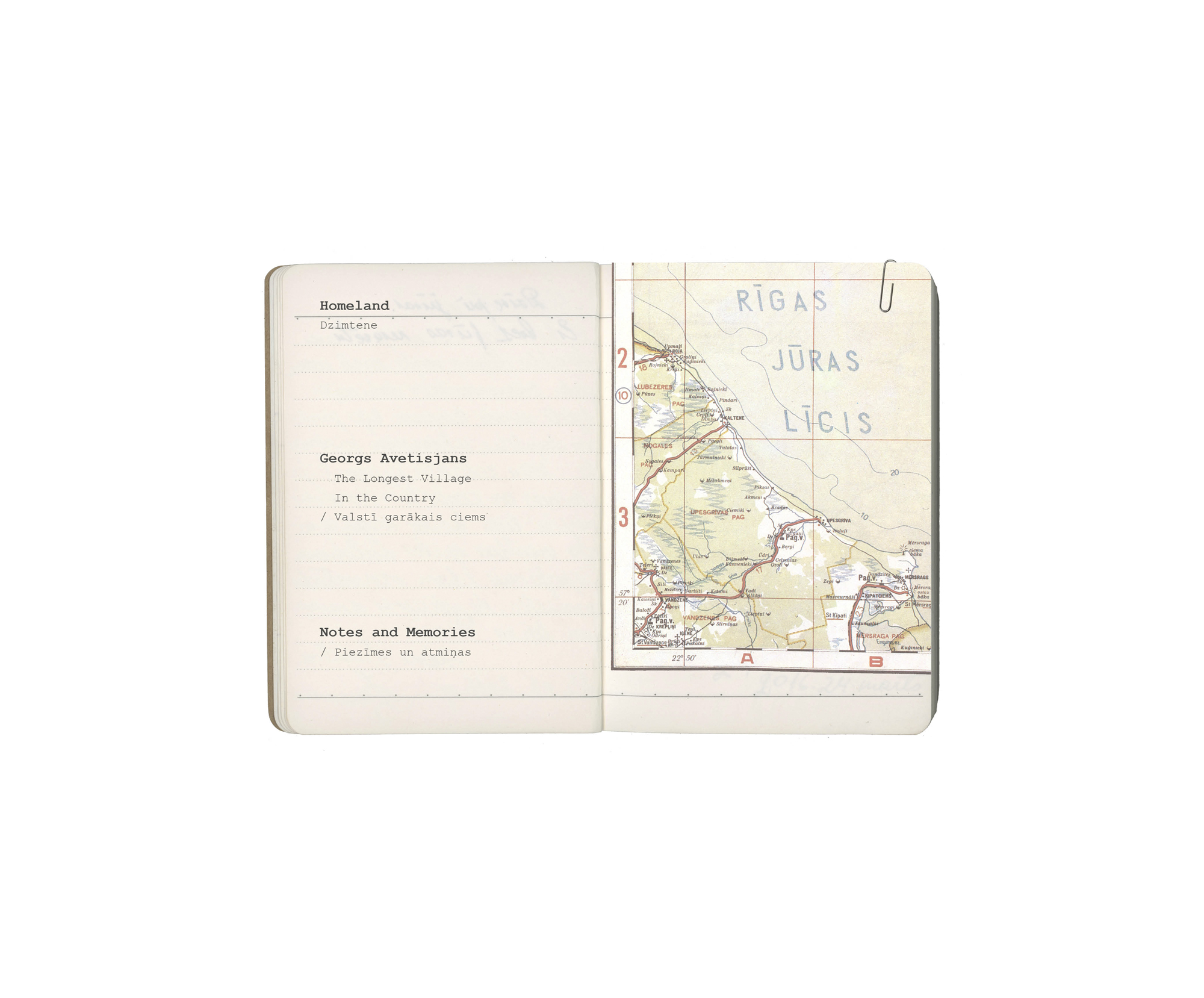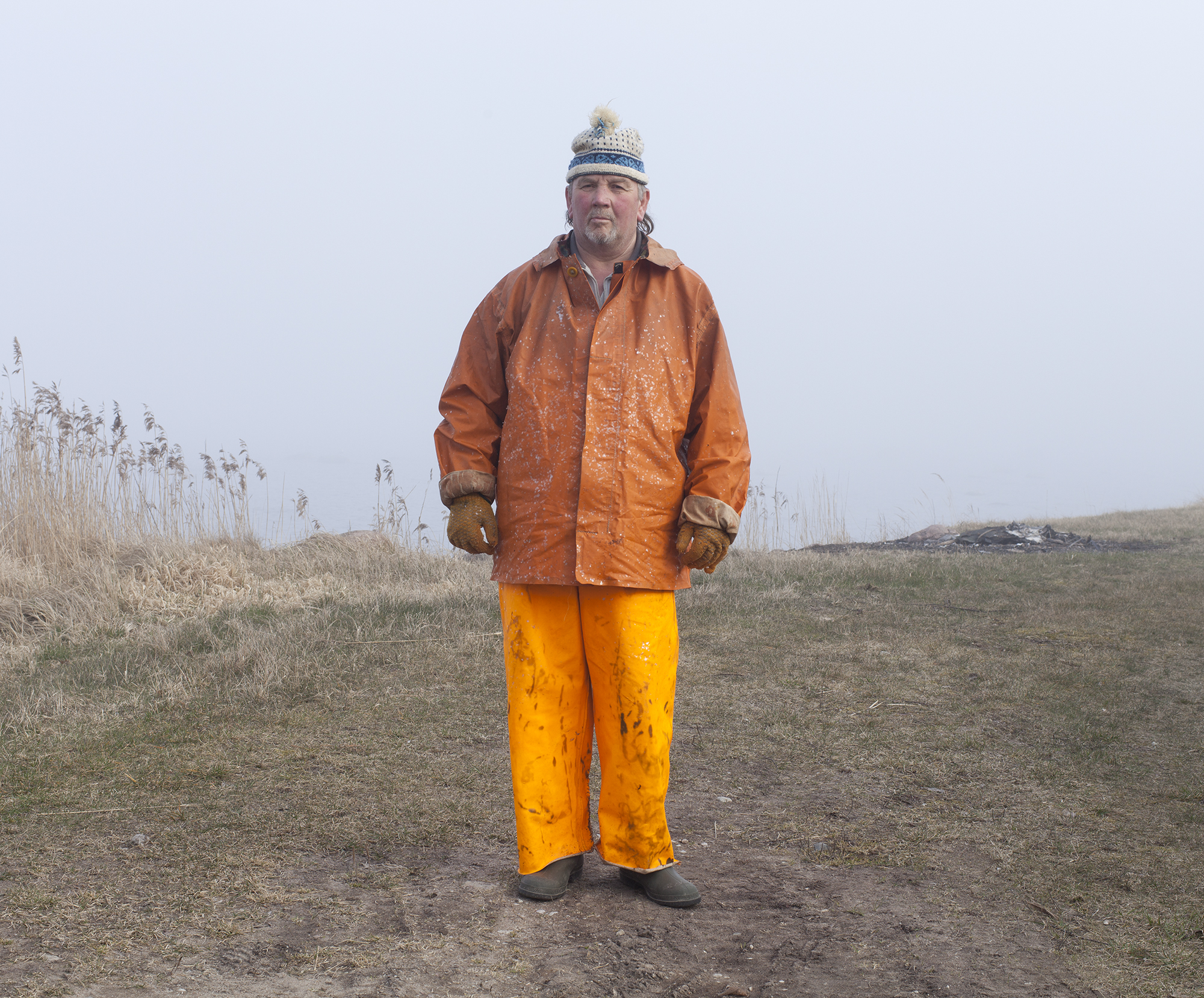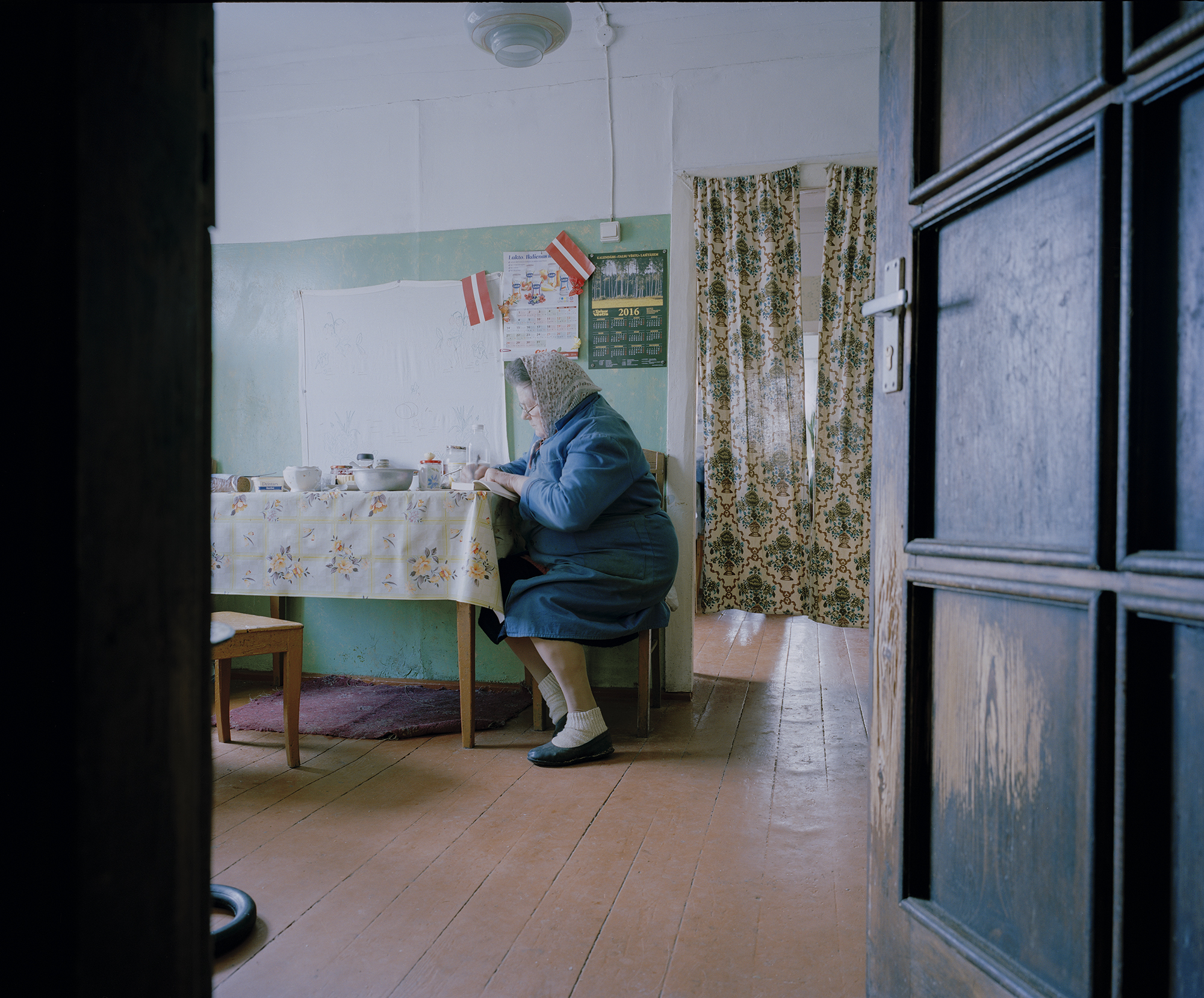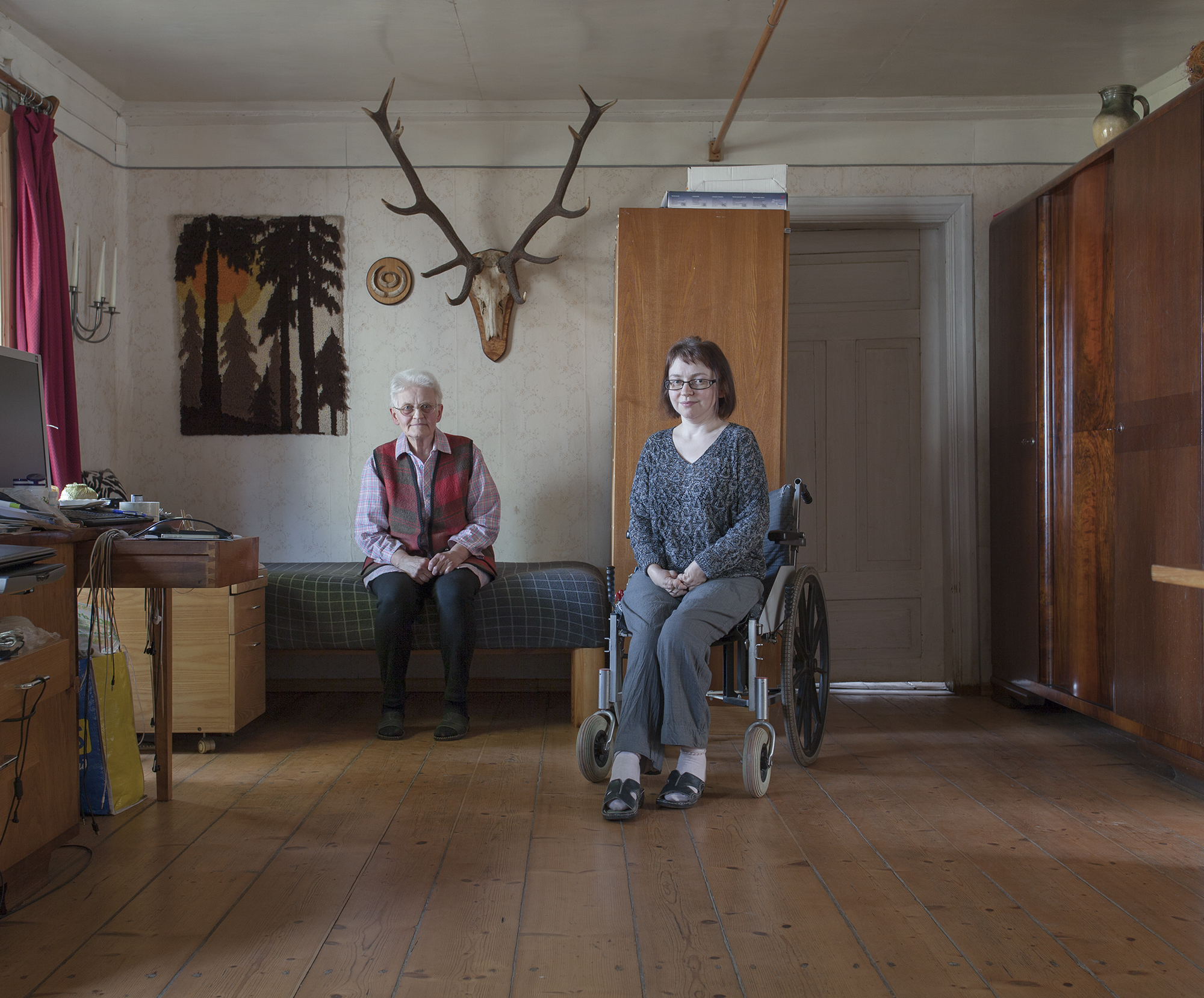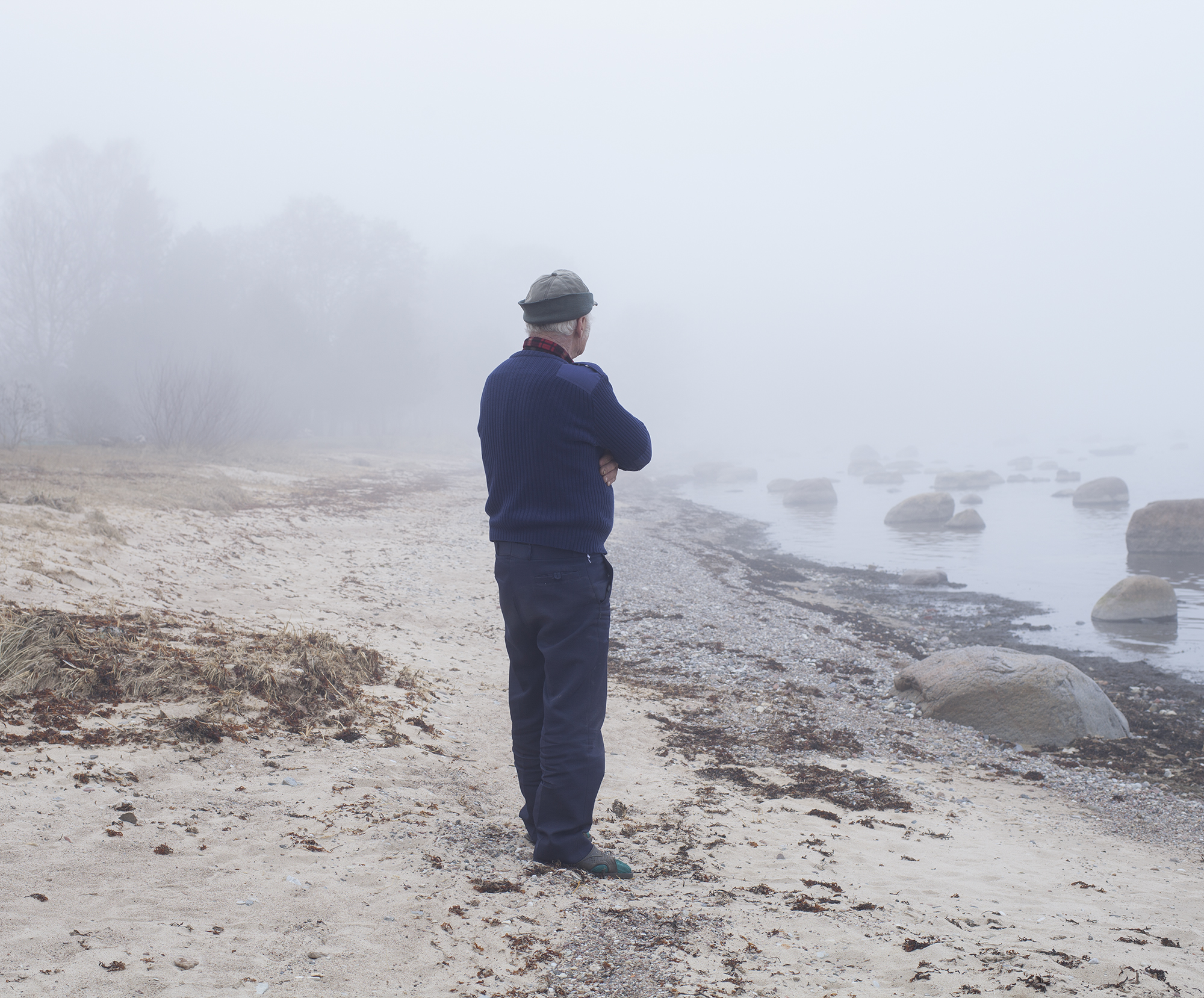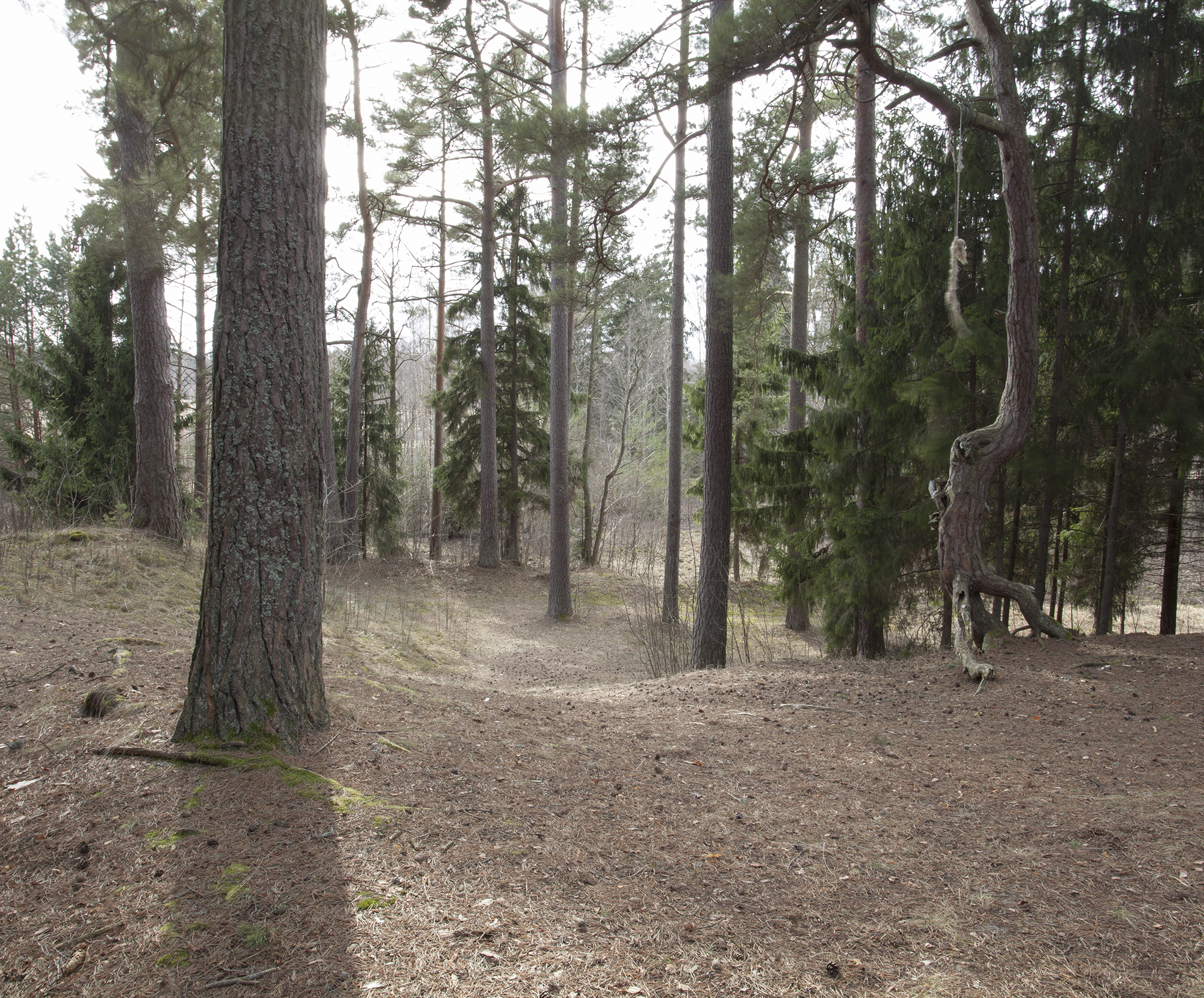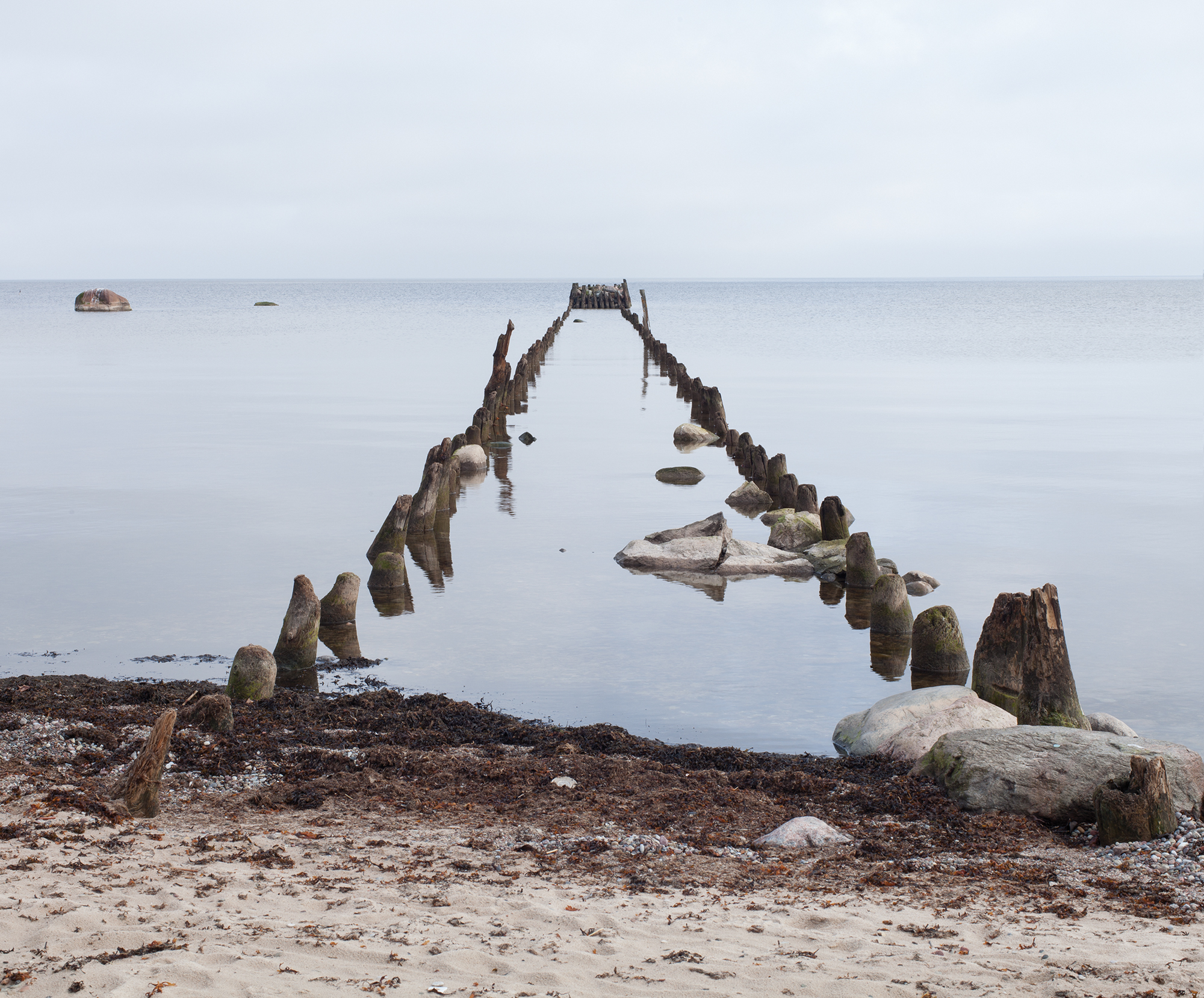“It’s been a great, unforgettable and recreational period with Docking Station. Loads of wonderful expert meetings, ideas, new opportunities, experiences and places. The residency taught me to be more pro-active when approaching experts in the field. Instead of waiting for doors to open I started to knock on them. I gained an incredible network and it also reminded me of how beneficial networking is and how forming one contact can lead to another.”
DOCKER #8
GEORGS AVETISJANS
“Landscapes – actual, remembered or idealised – feed our sense of belonging to whatever place, region or nation that we view as homeland” – Liz Wells, professor Photographic Culture
Homeland is a nostalgic representation of Kaltene, the village in Latvia where Georgs Avetisjans grew up, and its history from World War II until the collapse of the Soviet Union in 1991. As the Iron Curtain fell, the economy changed, and in 2004, upon joining the European Union, it changed again. These shifts had a huge impact on the local residents and their dreams, many of which the younger generation abandoned by moving away.
Homeland is a collection of several places into one place through the process of memory and reflects on residents’ existing relationship with the land. The project became a metaphor for a way of life, the passing of time and how time affects and changes our sense of place.
Who? Georgs Avetisjans
From Latvia
Docking January 10 - 31, 2017
Working on Homeland
About How time changed the longest village in Latvia
ambassador
FERGUS HERON
Photographer and Senior Lecturer in Photography in the College of Arts and Humanities at the University of Brighton
FERGUS ON GEORGS
"Georgs’s work involves a photographic approach that is equally analytic, explorative and lyrical. It demonstrates a depth of understanding of the aesthetic and technical qualities of photography to enable questions of place and time to be considered.
The recent project Homeland begins with a personal connection to a location and unfolds as a deeply engaging story of how individual lives, communities and wider histories interconnect. Through a highly considered series of pictures the project delicately balances a distance and emotional restraint with a generosity, warmth and respect for the people, places and stories involved.
I expect Georgs’s residency at Docking Station to present a great opportunity for these stories to continue to be experienced and ideas for future projects to emerge."


